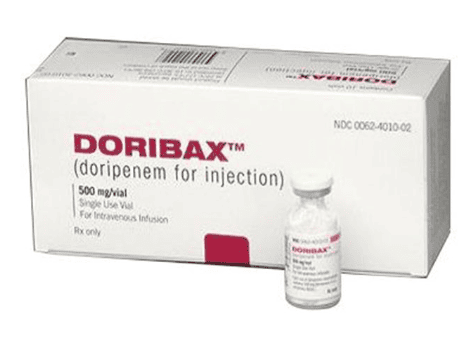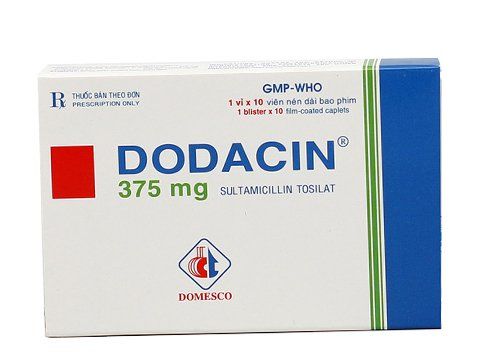This is an automatically translated article.
Posted by Doctor Do Thi Thao - Pediatric Center - Vinmec Times City International General Hospital
Urinary tract infection is an infection of the urinary system, characterized by an abnormal increase in the number of bacteria and white blood cells in the urine. Depending on the location of the infection, it is divided into high urinary tract infections (pyelonephritis) and lower urinary tract infections (cystitis, urethra).
1. Why do children often get urinary tract infections?
Children are at high risk of UTIs because their immune systems are not yet mature, moreover, because hygiene is still difficult when children at a young age have not been able to control their bowel movements because So the use of diapers is common and not all parents properly clean their children.
This disease is also increased if the child has additional risk factors such as:
Congenital malformations of the urinary system: dilated pyelonephritis, ureters, double ureters, narrowing of the urethra, ureters... Narrowing. foreskin

Hẹp bao quy đầu ở trẻ nhỏ có thể làm tăng nguy cơ nhiễm khuẩn tiết niệu
Neurogenic bladder Children with other diseases that cause immunosuppression: viral infections, respiratory and digestive diseases, malnutrition... Poor hygiene conditions Habit of drinking little water, holding urine However, in general, girls have a higher risk of urinary tract infections than boys due to the shorter anatomical structure of the urethra and closer to the anal opening than boys.
2. How to detect a child with a urinary tract infection?
Children with urinary tract infections often have the following symptoms:
Fever: mild fever or high fever, chills, the degree of fever depends on the degree of infection and the location of the infection.
Urinating disorders: difficulty urinating, painful urination, frequent urination, pus... For children who can't speak yet, they may notice that the child cries every time they urinate, the urine is not stream, the urine is pus or has a strong smell. .
Digestive disorders: abdominal pain, diarrhea... Therefore, if children have persistent digestive symptoms that are difficult to explain, they should be tested for urine.

Trẻ xuất hiệu triệu chứng đau bụng do rối loạn tiêu hóa
3. How to prevent urinary tract infections in children
Children are at high risk of urinary tract infections, especially girls. Therefore, parents need to take the following measures well to minimize the incidence of urinary tract infections in young children:
Proper hygiene of the intimate area, especially for girls, needs to be cleaned from front to back. Change diapers often for babies, dry them after cleaning, carefully observe diapers for abnormal color or white residue. For boys, it is necessary to gently stroke the foreskin to see if the baby has a narrow foreskin or not. Or are there signs of bulging foreskin when urinating? If there are parents, they should take the child to a medical facility for advice and treatment. For children to drink enough water Practice toilet habits for children, teach children not to hold urine If a child has recurrent urinary tract infections, parents need to take the child to a specialized medical facility to have the urinary system examined. urine, detect congenital malformations if any.

Khi trẻ có dấu hiệu nhiễm khuẩn tiết niệu, cha mẹ nên đưa trẻ đến cơ sở y tế để được thăm khám
If the child has one of the above signs, parents need to take the child to a medical facility for examination and advice. To register for examination and treatment at Vinmec International General Hospital, you can contact the nationwide Vinmec Health System Hotline, or register online HERE.














